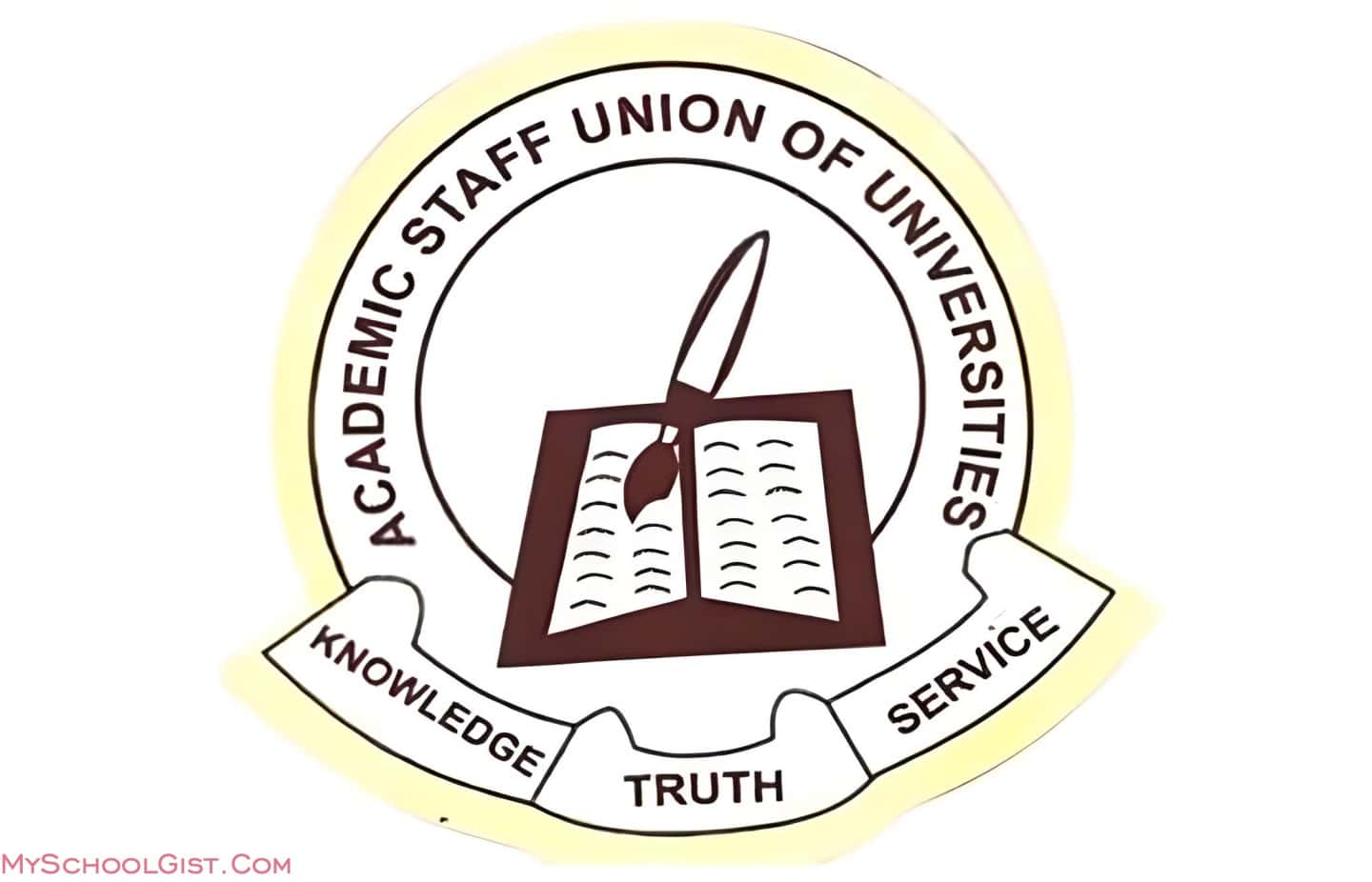ASUU's Call for Higher Education Budget in 2024: Nigeria's Academic Roadmap
As we step into 2024, have you wondered how the previous year's upheavals in Nigeria's tertiary education will shape the future? With issues like fee increments, the introduction of student loans, and the removal of institutions from the IPPIS platform, what does the Academic Staff Union of Universities (ASUU) propose for a more sustainable education sector? Let's delve into the challenges and demands that are shaping the academic landscape in Nigeria.

As you read this, you’ll be transported into the heart of Nigeria’s tertiary education sector, where 2023 was marked by significant upheavals. From school fees increments and the introduction of student loans, to the removal of tertiary institutions from the Integrated Personnel Payroll Information System (IPPIS) platform, the landscape of higher education underwent profound changes, affecting students, lecturers, non-academic staff, and parents alike.
Fee Increment 📈 Sudden fee hikes due to government policy
Student Protests 🚧 Nationwide protests against fee increment
Loan Introduction 💸 Student loans introduced, leading to fee rises
IPPIS Issues 🔄 Complaints about salary issues in IPPIS
IPPIS Removal 👋 Tertiary institutions removed from IPPIS
ASUU Demands 📣 Increase in education budget, salary issues resolution
Uni Support 🤝 Universities aiding students with payments and scholarships
Union Involvement 🗣️ Unions seeking active role in policy changes
Table of Contents[Show]
The Ripple Effect of Government Policies
With the new government policies, the year presented a series of challenges. The introduction of student loans in June was followed by an inevitable rise in obligatory fees across tertiary institutions nationwide. This left Vice-Chancellors grappling with insufficient funding from the government, compelling them to raise fees to sustain their universities and align with global standards.
The Voice of Dissent: Student Protests and Institutional Responses
The fee increments sparked widespread protests among students, who found themselves facing a wall of silence from the government. Despite assurances that student loans would be their financial lifeline, the tangible solutions they sought remained elusive.
Mitigating Measures by Universities
In response, many universities, including the University of Lagos, adopted measures such as installment payment plans and assistance in securing scholarships and work-study opportunities for financially challenged students.
A Welcome Change: Removal from IPPIS
As the year drew to a close, a significant decision came to light. In December, the government announced the removal of tertiary institutions from the IPPIS, a move met with relief by many. The IPPIS had been plagued with issues, including unofficial salary reductions and inaccurate salary payments, making its removal a much-needed respite for those affected.
ASUU’s Stance in 2024: A Call for Enhanced Budgetary Allocation
As we step into 2024, the Academic Staff Union of Universities (ASUU) President, Prof. Emmanuel Osodeke, has made a clarion call to the government. He emphasises the need for an increase in budgetary allocation to education. Osodeke argues that even a modest increase could significantly impact the sector.
Key Demands from ASUU
Osodeke urges the government to address the funding and salary appropriation issues within universities. He calls for a collaborative approach, inviting the government to engage in negotiations to resolve these matters in the best interests of the students. Additionally, ASUU seeks the payment of their seven and a half months of unpaid salaries.
The View of the Senior Staff Association of Nigerian Universities
Echoing ASUU’s concerns, Mr Mohammed Ibrahim, the National President of the Senior Staff Association of Nigerian Universities, stresses the importance of including the union in any transitional process. He insists that the government’s solutions should reflect the union’s suggestions, underscoring the need for inclusive decision-making.
Conclusion: A Critical Juncture for Nigeria’s Education System
The year 2023 was a turning point for Nigeria’s tertiary education, marked by challenges and adaptations. As we move forward into 2024, the calls from ASUU and the Senior Staff Association for increased government support and collaborative solutions highlight the pressing need to fortify and enhance Nigeria’s educational framework. This collective effort is crucial for shaping a future where quality education is accessible and sustainable for all.

.jpeg)
.jpeg)

